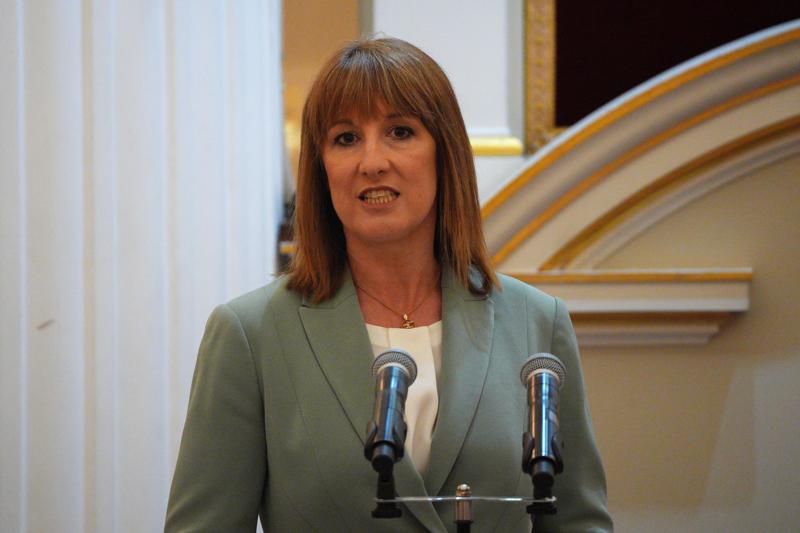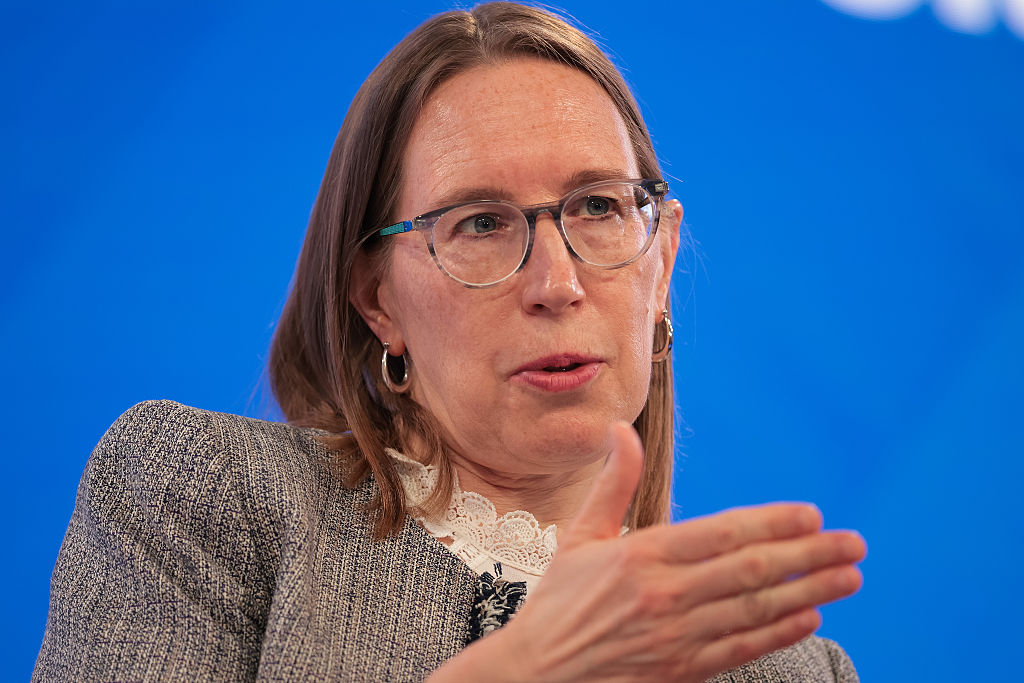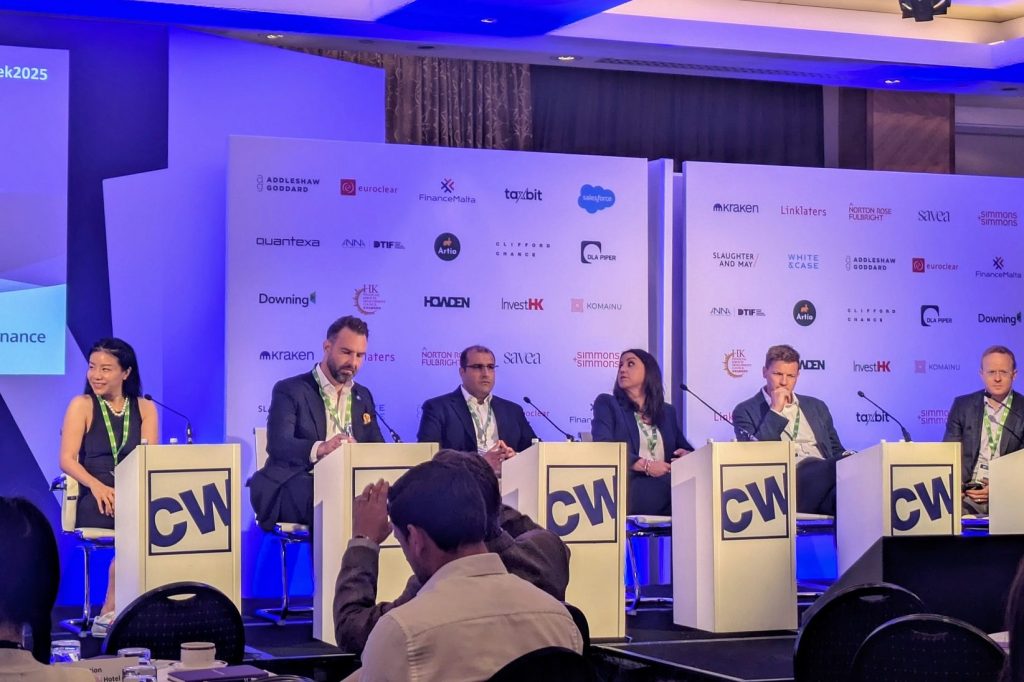The report outlines the growing importance of cloud services and the need for oversight to ensure fair competition and consumer protection.
The Competitions and Markets Authority (CMA) said it would now carry out an investigation to determine whether competition in this market is working well and if not, what action should be taken to address any issues it finds.
Concerns were raised by Ofcom in an earlier interim report in April, which found that Amazon Web Services (AWS) and Microsoft held a combined cloud service market share of 60-70% in 2021. That number increased to 70-80% in 2022.
“This is a £7.5 billion market that underpins a whole host of online services – from social media to AI foundation models. Many businesses now completely rely on cloud services, making effective competition in this market essential,” Sarah Cardell, CEO, CMA, said. “Strong competition ensures a level playing field so that market power doesn’t end up in the hands of a few players – unlocking the full potential of these rapidly evolving digital markets so that people, businesses, and the UK economy can get the maximum benefits.”
Tackling monopolies
In April, the government published the Digital Markets, Competition and Consumers Bill, an attempt to tackle monopolization in digital markets. The bill will introduce new measures to regulate the behavior of tech companies and promote competition in digital markets, as well as protect consumers’ interests.
The UK could well be following in the steps of the EU, say lawyers at CMS. The EU’s Data Act has been seeking to address egress fees and interoperability issues.
Ofcom identifies three broad areas of concern:
- Data egress fees that customers pay to transfer their data out of a cloud. Ofcom said the cost of transferring data between rival providers can discourage customers from using more than one cloud provider and in some cases make switching more costly.
- Technical barriers that mean customers need to put additional effort into reconfiguring their data and applications to work on different clouds. A lack of interoperability and portability can restrict the ability of customers to switch and multi-cloud.
- Committed spend discounts can benefit customers by reducing their costs, but the way these discounts are structured can incentivize customers to use a single cloud provider for all or most of their cloud needs. This can make it less attractive to use rival providers as part of a multi-cloud strategy.
“What is interesting here is that Ofcom has chosen to ask the CMA to open a market-wide investigation, which suggests that the regulators perceive there to be structural issues with the cloud computing market that need broader investigation and consideration,” Alex Haffner, competition partner at UK law firm Fladgate, told Computer Weekly. “It is also a sensible approach given the wide-ranging impact that the cloud computing market has on many different industries and the broader economy, and fits with the CMA’s stated desire to target effective competition in digital markets.”
The CMA has 18 months from now to conclude its investigation. In that time, the CMA will consider whether there are features in the cloud market that have an adverse effect on competition (AEC) and suggest appropriate interventions. If there is an AEC, the CMA has the power to impose its own remedies on businesses and can make recommendations to other bodies such as sectoral regulators or the government.

















